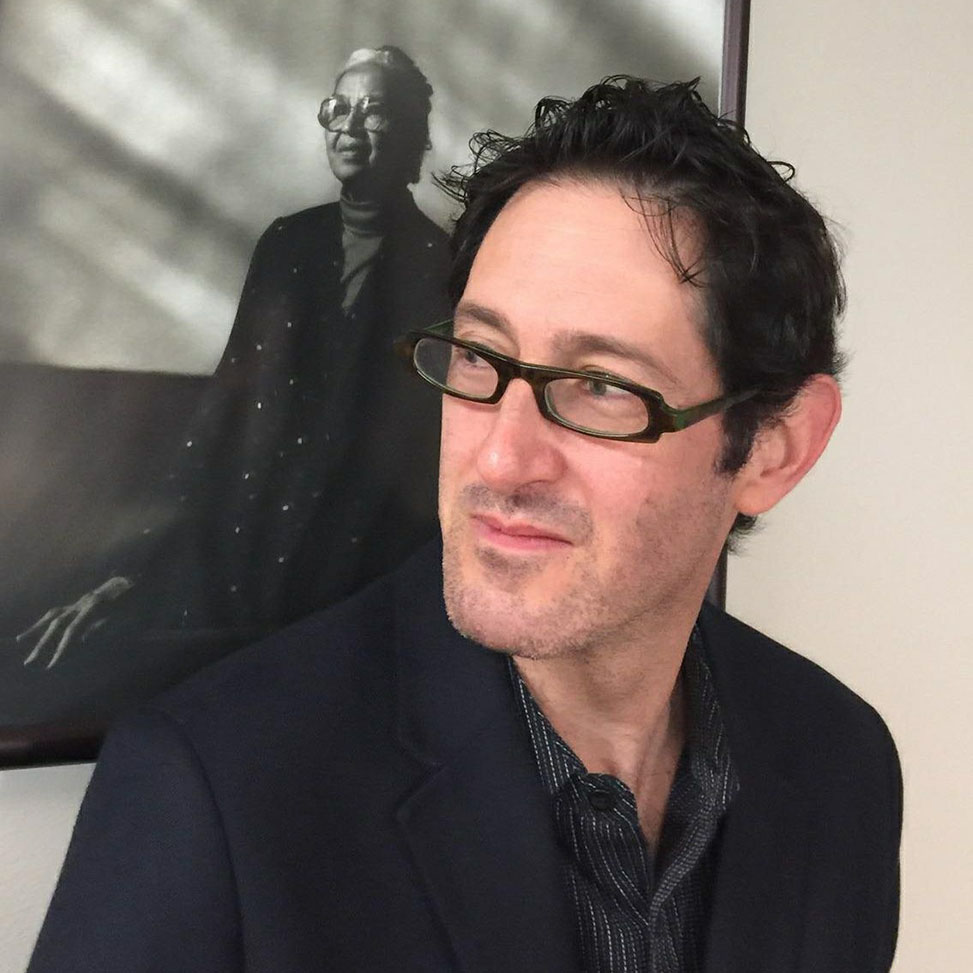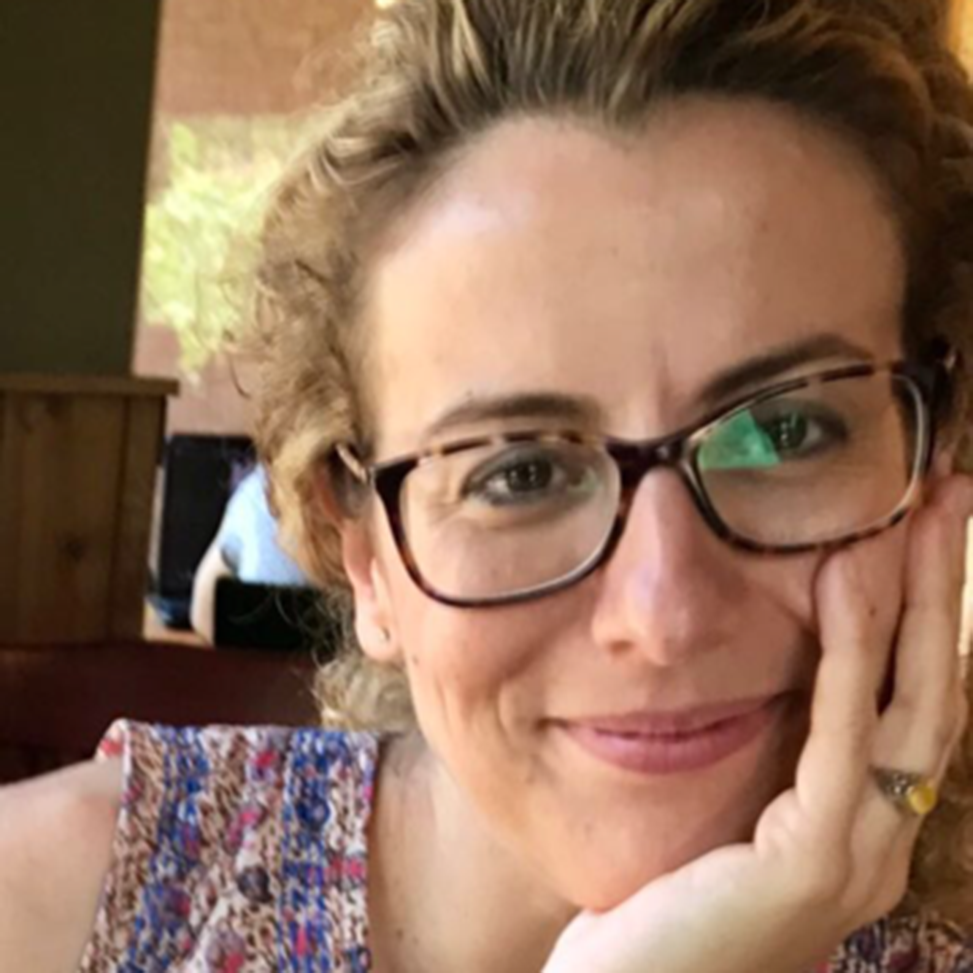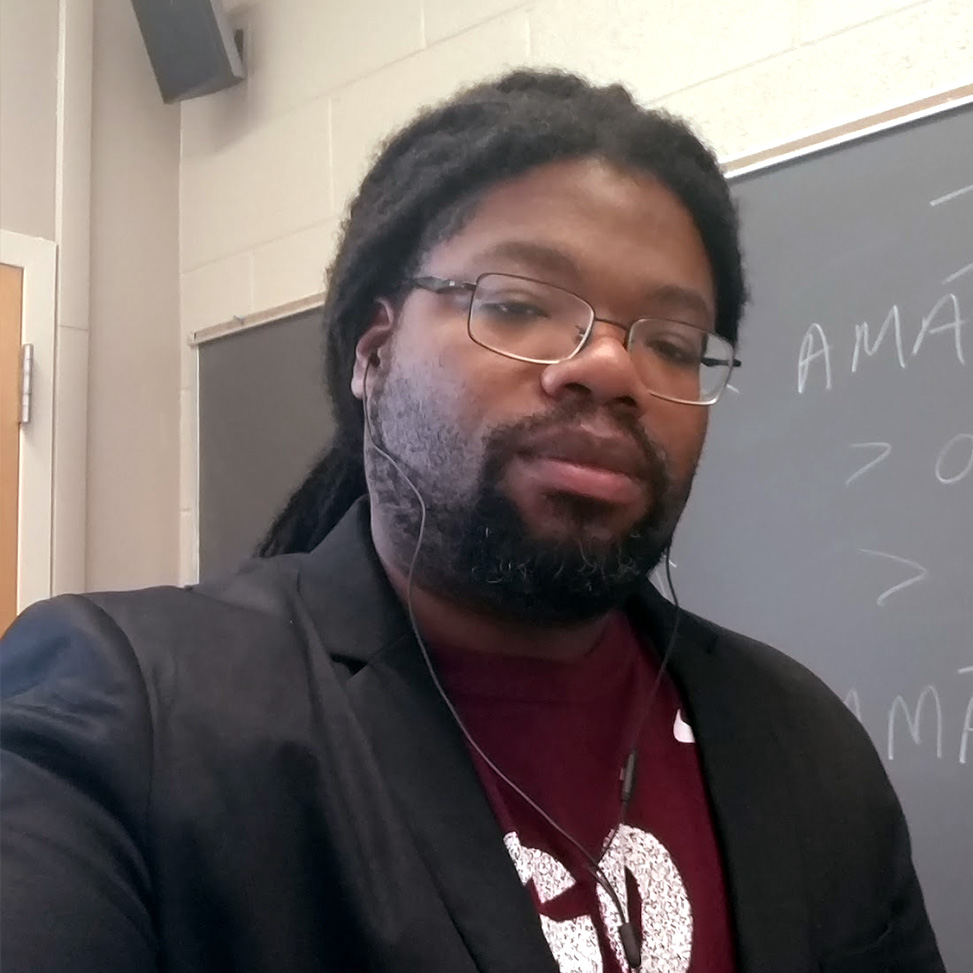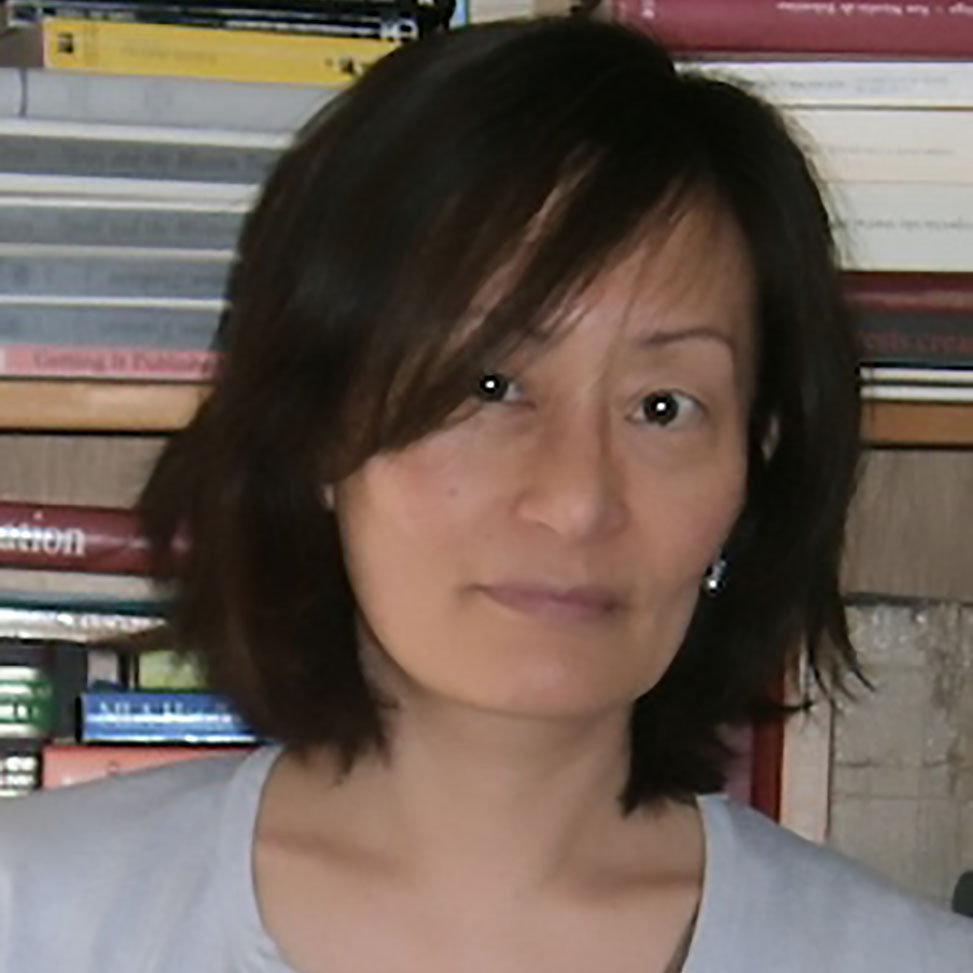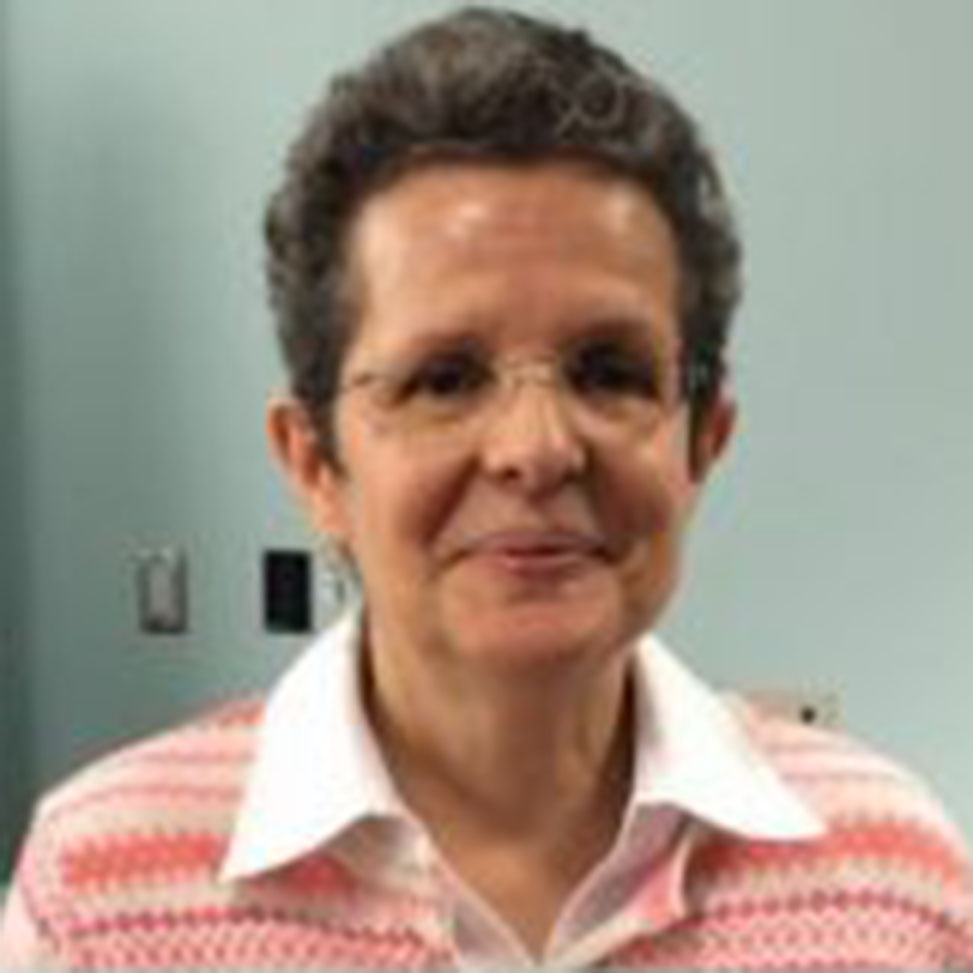Hispanic Linguistics Graduate
PhD in Hispanic Linguistics
The Graduate Program in Hispanic Linguistics is a dual track program where students can receive a MA in Linguistics and then proceed to a PhD in Romance Studies.
For more details on the program please go to the Hispanic Linguistics website.
Program Details
Following a similar pattern for the PhD in the Department of Romance Studies, the PhD in Hispanic Linguistics entails the following specifics.
Specific course work is chosen in consultation with the Spanish Graduate Advisor. The Graduate School’s residency requirement of four semesters of full-time registration must be met. Beyond their course work, graduate students may want to take additional courses to strengthen their preparation for the written comprehensive examination, to lay the groundwork for the dissertation, or to develop a wider range of teaching fields. As interdisciplinary studies may be appropriate to some research projects and career plans, a supporting program of 3 courses (9 credit hrs.) in addition to the 24-hour program described above may be warranted. Students may review possible appropriate courses in other departments via the Graduate Record, in consultation with the Graduate Advisor.
Explore Course of StudyMA/PhD in Hispanic Linguistics, Spanish Focus
Fall Semester 1
LING 520 Phonetics (R)
LING 537 Semantics (R)
ROML 700 Pedagogy (R)
Spring Semester 1
LING 523 Phonology (R)
LING 530 Syntax (R)
SPAN 678 History of the Spanish Language (E)[1]
Fall Semester 2
LING 533 Syntactic theory II (E)
LING 552 Pidgins and Creoles (E)
SPAN 621 History of the Spanish Language through Texts (E)[2]
Spring Semester 2
SPAN/LING 993 MA thesis (or thesis substitute = publishable research paper)
Fall Semester 3
LING 528 Language Acquisition (E)
SPAN 677 Spanish Syntax (E)
SPAN 825 Seminar in Hispanic Linguistics (E)
Spring Semester 3
LING 529 Language Acquisition II (E)
SPAN 680 Acquisition of Spanish (E)
SPAN 682 Spanish Sociolinguistics (E)
Fall Semester 4
LING 540 Mathematical Linguistics (E)
SPAN 676 Spanish Phonological Theory (E)
Spring Semester 4
LING/SPAN 994 PhD thesis
Fall Semester 5
LING/SPAN 994 PhD thesis
Spring Semester 5
LING/SPAN 994 PhD thesis
[1] Course designed for students whose primary field of study is Linguistics.
[2] Course designed for students whose primary field of study is not Linguistics.
MA/PhD in Hispanic Linguistics, Indigenous Languages Focus
Fall Semester 1
LING 520 Phonetics (R)
LING 537 Semantics (R)
ROML 700 Pedagogy (R)
Spring Semester 1
LING 523 Phonology (R)
LING 530 Syntax (R)
SPAN 683 Guaraní Linguistics
Fall Semester 2
LING 561 Native languages of the Americas (E)
LING 593 Field Methods (E)
LING 542 Pidgins and creoles (E)
Spring Semester 2
SPAN/LING 993 MA thesis (or thesis substitute)
Fall Semester 3
MAYA 401 Intro. to Yucatec Maya (E)
SPAN 676 Spanish Phonological Theory (E)
SPAN 825 Seminar in Hispanic Linguistics (E)
Spring Semester 3
LING 558 Mesoamerican Writing Systems (E)
SPAN 684 Spanish in Contact (E; course to be proposed)
SPAN/ROML TBD Comparative Romance Linguistics (E; course to be proposed)
Fall Semester 4
LING 545 Language and Mind (E)
SPAN 621 History of the Spanish Language through Texts (E)[1]
SPAN 678 History of the Spanish Language[2]
Spring Semester 4
LING/SPAN 994 PhD thesis
Fall Semester 5
LING/SPAN 994 PhD thesis
Spring Semester 5
LING/SPAN 994 PhD thesis
[1] Course designed for students whose primary field of study is not Linguistics.
[2] Course designed for students whose primary field of study is Linguistics.
MA in Linguistics, Spanish Focus
This scenario simulates a UNC-Chapel Hill undergraduate Linguistics major who is admitted to the Linguistics MA program with concentration in Hispanic Linguistics after taking LING 520 and LING 530 at the graduate level while still an undergrad. The student plans to go elsewhere after the MA.
Waived courses: LING 520 Phonetics (R), LING 530 Syntax (R)
Fall Semester 1
SPAN 677 Spanish Syntax (E)
LING 537 Semantics (R)
ROML 700 Pedagogy (R)
Spring Semester 1
LING 523 Phonology (R)
LING 528 Language Acquisition (E)
SPAN 678 History of Spanish (E)
Fall Semester 2
SPAN 680 Acquisition of Spanish (E)
SPAN 679 Spanish Pragmatics (E)
PORT 530 Varieties of Portuguese (E)
Spring Semester 2
SPAN/LING 993 MA thesis (or thesis substitute)
The PhD written comprehensive examination will consist of two substantial essays from distinct areas of linguistics, demonstrating the student’s ability to conduct original, publishable research. The essays will be evaluated by a committee of two faculty members designated by the Director of Graduate Studies. Students are expected to consult closely with this committee as they prepare their essay for submission.
For the dissertation, the student will first choose a dissertation committee composed of a director and four readers (this is composed of the exam committee plus 2 others) , and then write a prospectus that outlines the original research that he or she intends to conduct. Once completed, the members of the committee and the student convene for the oral defense of the prospectus. If approved, the student proceeds to write the dissertation, whose oral defense upon completion is the final step to receiving the PhD.
Meet the Spanish Graduate Faculty
What Our Students Are Saying

Alejandra Márquez
Spanish
Graduate Alumni
“My experience as a PhD student at ROMS helped me adequately prepare for my current position as an Assistant Professor of Spanish at Michigan State University. The department has world-class faculty whose teaching, feedback, and willingness to help allowed me to get to where I am today. I was also given opportunities to teach a variety of courses as a graduate student, helping me better understand how to create innovative classes. Furthermore, my cohort was instrumental in growing as a scholar and colleague and I am happy to say that I continue to collaborate with peers that I met while at UNC. ROMS is a fantastic department and it was certainly the best choice for me.“

Francisco Chen-Lopez
Spanish
Graduate Alumni
“As an international student, I truly appreciate the accepting and friendly environment ROMS has created. I met wonderful colleagues and mentors and started friendships that I anticipate lasting for the rest of our lives. During my graduate studies, I was well prepared for a career in academia. Thanks to the excellent mentorship I received, as a Ph.D. candidate who went on the job market for the first time, I was able to secure a tenure-track position at Spelman College. All this would not be possible without ROMS.“





